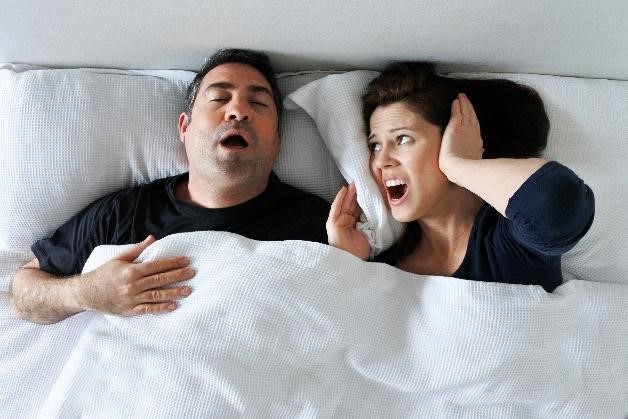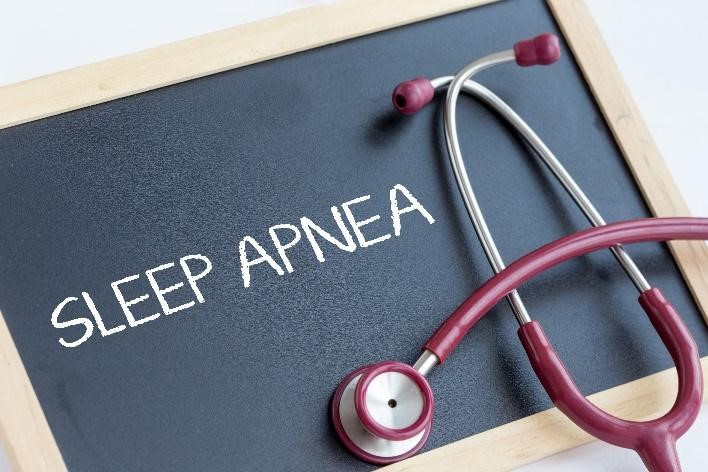Table of Contents
Obstructive Sleep Apnea Causes and Symptoms

Sleep apnea is a severe disorder that causes one to have intermittent breathing repeatedly. Snoring loudly and feeling tired even after a full night’s sleep is one common sign that you might have sleep apnea. At such a moment, it would be prudent to think through how to test for sleep apnea.
The main types of sleep apnea include:
- Obstructive sleep apnea – this isthe most common form that occurs when throat muscles relax.
- Central sleep apnea – occurs when your brain does not send correct signals to the muscles that control breathing.
- Complex sleep apnea syndrome – it isalso known as treatment-emergent central sleep apnea. It happens when someone has both obstructive sleep apnea and central sleep apnea.
Causes of Obstructive sleep apnea
Obstructive sleep apnea (OSA) occurs when the muscles in the back of your throat relax. These muscles reinforce the soft palate, the triangular piece of tissue hanging from the soft palate (uvula), the tonsils, the sidewalls of the throat, and the tongue.
When the muscles relax, the airway closes or narrows as one tries to breathe in.
Consequently, one cannot get enough air, which can lower the oxygen level in your blood. Afterward, the brain senses the inability to breathe and briefly rouses one from sleep to reopen the airway. This awakening is usually so brief that one cannot recall it.
Often, one might snort, choke, or gasp. That pattern can re-occur five to 30 times or more every hour, throughout the night. That impairs the ability to reach the deep, restful phases of sleep.
Sleep Apnea Symptoms

The symptoms of obstructive and central sleep apneas are similar. Sometimes, it is difficult to determine which type you have among the two. The most common obstructive sleep apnea symptoms include:
- Loud snoring
- Episodes of intermittent breathing sleep
- Wheezing for air during sleep
- Awakening with a dry mouth
- Morning headache experiences
- Difficulty staying asleep similar to insomnia
- Excessive daytime sleepiness
- Difficulty paying attention while awake
- Irritability
When to see a Doctor
Loud snoring can point out a potentially dangerous problem. However, not everyone who snores during sleep has sleep apnea. It is crucial to talk to your doctor if you have signs or symptoms and get sleep apnea treatment. Ask your doctor or CPAP therapy about any sleep problem that leaves you fatigued, sleepy, and irritable. Benefits of treating sleep apnea can ease your symptoms and might help prevent heart problems and other complications.




 Shop
Shop



